Mushrooms are edible fungi with numerous health benefits. Many studies have shown that mushrooms can help improve human health. Do dog products pose health risks? In the same vein some have heard about mushrooms being dangerous in humans. As a dog owner, you may wonder why the dog eats mushrooms. The dog is a happy animal. In outdoor play, they will consume whatever is appealing or delicious. In fact, your dog may have discovered mushrooms while playing outdoors. Sadly, not every mushroom is safe.
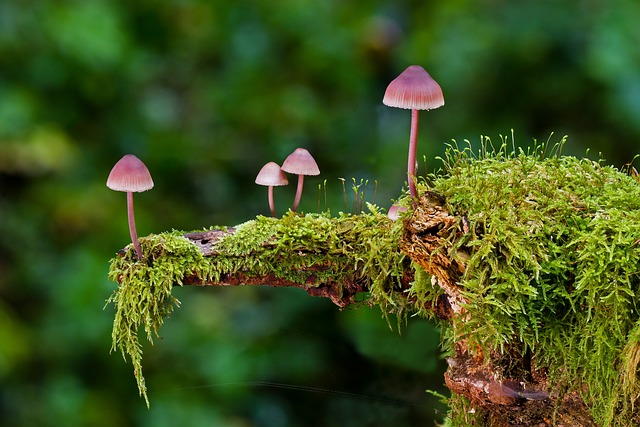
Introduction
Can Dogs eat mushrooms? Mushrooms are a fascinating and diverse group of edible fungi that come in a wide range of shapes, sizes, and colors. Many of us enjoy mushrooms in our meals, but when it comes to our furry friends, it's important to exercise caution. but can dogs eat mushrooms? While some mushrooms are safe for dogs to consume, others can be highly toxic and even deadly. In this comprehensive guide, we will explore the topic of dogs and mushrooms, answering the burning question: can dogs eat mushrooms?
Understanding Mushroom Toxicity
Before diving into the details, it's crucial for dog owner to understand that not all mushrooms are created equal. While certain varieties medicinal mushrooms are safe and even beneficial for dogs, others can pose significant health risks. The key to ensuring your dog's safety lies in being able to identify toxic mushrooms and knowing which ones are safe for human consumption only.
Identifying Toxic Mushrooms
Mushrooms that are toxic to dogs often share similar visual characteristics. These include:
- White gills (the underside of the mushroom cap)
- Red in colorA ring around the stem
- The presence of a volva (bulging at the base of the stem)
If you come across a mushroom, espeicially a species of wild mushroom, with any of these attributes, it's best to assume it's poisonous and keep your dog away from it. Remember, when it is raw mushrooms it comes to all mushrooms bad and when dogs eat wild mushrooms anyway, it's always better to be safe than sorry.
Common Toxic Mushrooms
Several species of mushrooms are known to be toxic to dogs. These include:
- Amanita phalloides (Death Cap)Galerina marginata (Autumn Galerina)
- Amanita gemmata (Jeweled Deathcap)
- Amanita muscaria (Fly Agaric)
- Gyromitra species (False Morel)
- Helvella Lacunosa (Elf's Saddle)
- Clitocybe dealbata (Ivory Funnel)
- Inocybe species
The consumption of these toxic mushrooms can lead to severe health issues and, in some cases, even be fatal for dogs. If you suspect your dog has ingested any of these mushrooms, it is extremely dangerous and is crucial to seek immediate veterinary assistance.
What Happens If Your Dog Eats A Poisonous Mushroom?
The symptoms of mushroom poisoning are determined by the species of mushroom you feed your dog. Your dog may experience mild digestive upset... or his health is so bad that you can no longer help. The sooner he goes for veterinary treatment, the quicker his health improves. Do not delay... the dog could show signs of mushroom poison and then it could be late to start. If your dog is allergic to any kind of mushroom, or if there are other signs or symptoms you may want to bring him or the animal to the vet for medical attention. Even a photo is ok.
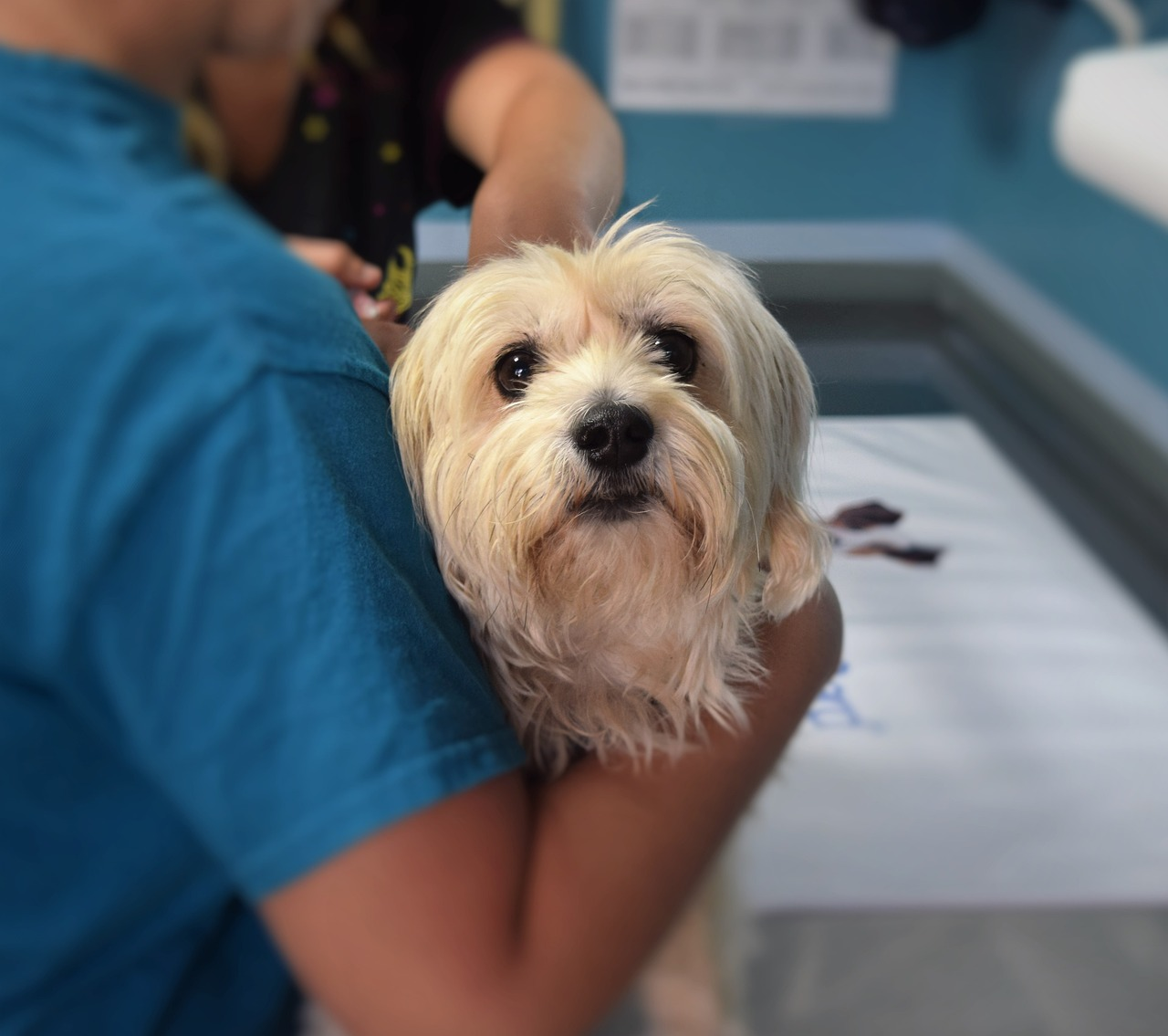
Can Dogs Eat Store-Bought Mushrooms?
When it comes to can dog eat store-bought mushrooms, the answer is a bit more straightforward. Most commonly available mushrooms, such as white button mushrooms, cremini mushrooms, portobello mushrooms, and shiitake mushrooms, are generally safe for dogs to eat. These mushrooms are often used in human cooking and can be incorporated into your dog's diet in moderation.
Preparing Store-Bought Mushrooms
It's important to note that raw mushrooms should not be fed to dogs. Mushrooms contain a tough, chitinous wall that can be difficult for dogs to digest. To make them more palatable and easier to digest, it is recommended to cook the mushrooms before feeding them to your dog. Cooked or dried mushrooms also will lessen the risk to digestion. Avoid adding any harmful ingredients to feed cooked mushrooms, such as garlic, onions, excessive oils, salt, or spices, as these can be toxic to dogs.
Can dogs eat cooked mushrooms?
Raw mushrooms make an easier choice for pups. This is because when cooking a mushroom we usually fry it up or add many other things including garlic. The addition of fat in fried foods is a danger to our pets and may cause problems including acute pancreatitis. In addition, we generally add many spices when we cook mushrooms like salt pepper and garlic. Your dog should avoid consuming many common foods such as garlic chives. It's largely because garlic and onions are dangerous to dogs.
The facts about dogs and mushrooms
The dog may encounter mushrooms while walking, particularly during the fall and in the winter the dog may see them as a great snack. What are the best foods for cats to eat mushroom? In order to avoid any health issues wild mushrooms must be known.
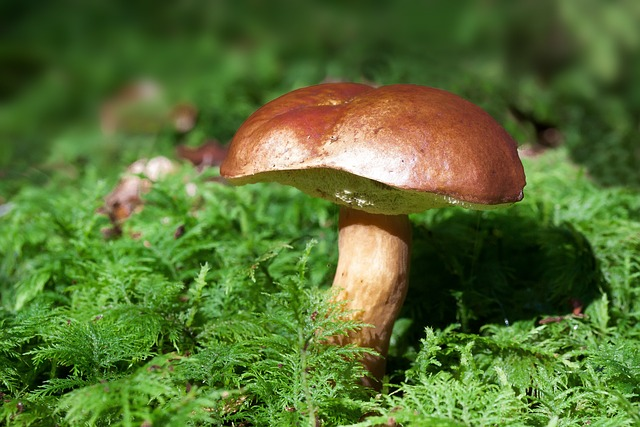
Wild Mushrooms and Dogs
While store-bought mushrooms can be a safe addition to your dog's diet, the same cannot be said for wild mushrooms. The wilderness is home to a vast array of edible mushrooms that, many of which are highly toxic and can cause severe harm to dogs. It is essential to keep a close eye on your dog during outdoor adventures and prevent them from consuming any poisonous mushrooms that they may come across.
The Dangers of Wild Mushrooms
Wild mushrooms pose a significant risk to dogs due to their unpredictable toxicity. Even experienced foragers can struggle to identify toxic mushroom species accurately. Ingesting a toxic wild mushroom can result in a range of symptoms, including vomiting, diarrhea, drooling, weakness, jaundice, and even organ failure. If you suspect your dog has consumed a wild mushroom, it is crucial to seek immediate veterinary care.
Which mushrooms are poisonous to dogs?
The Mushrooms are rated A through D. A causes the tyrannic symptoms while D causes sickness or diarrhoid episodes. The list below lists some of Britain's poisonous mushrooms.
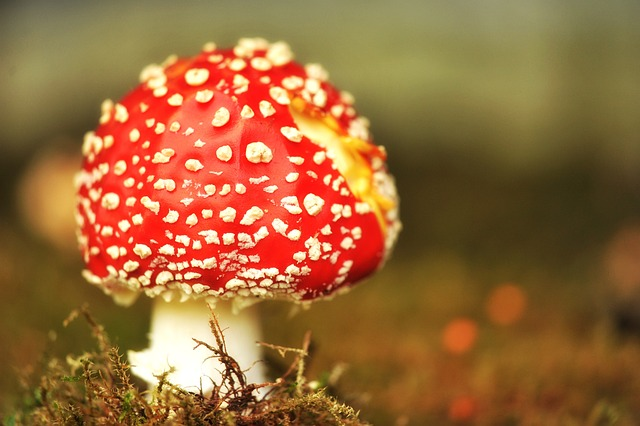
What Kinds of Wild Mushrooms Are Toxic to Dogs?
There are older mushrooms hunters, there is bold mushroom hunting, but there's not one. Although some species of mushrooms are toxic, they can be deadly. The distinction between harmful and nontoxic mushrooms is difficult. Veterinary experts recommend that patients treat mushrooms for their potential dangers or consume it unless it is considered a medical emergency.
What Should You Do if Your Dog Eats Wild Mushrooms?
You can take your cat to the vet immediately if you have symptomatic mushrooms in them causing you pain. When you go in for a vet visit, you will be able to determine the problem quickly. Try to determine what kind of mushrooms my pet ate. Even tiny amounts of mushrooms can kill an animal and it's best not to treat them as dangerous.
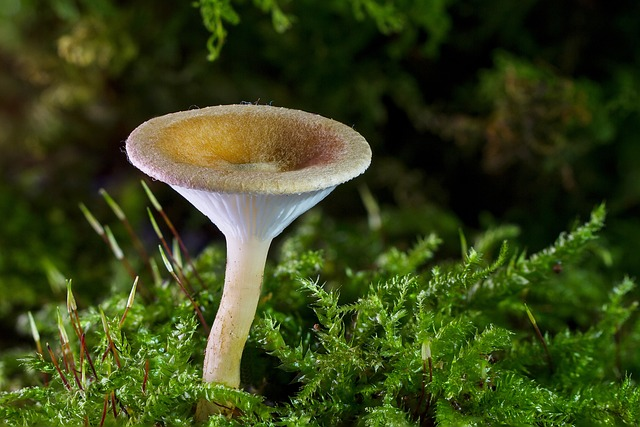
My dog ate a mushroom in the grass, what should I do?
If you think your puppy is having an eating issue take him back for another vet visit. While mushrooms are generally toxic for dogs there is sometimes trouble in figuring out which kind of mushrooms your dog consumed or was poisoned with. If possible, bring mushrooms to the clinic so the veterinary staff can diagnose and recommend possible treatment options.
The Benefits of Mushrooms for Dogs
While some mushrooms can be toxic, others offer various health benefits for dogs. Mushrooms contain essential nutrients, minerals, and antioxidants that can support your dog's immune system and overall well-being. Let's explore some of nutritional benefits of the beneficial mushrooms that are safe for dogs to consume.
White Button Mushrooms
White button mushrooms, also known as common mushrooms, are safe for dogs to eat. They can provide additional fiber b vitamins, protein, and antioxidants to your dog's diet. It is important to cook white button mushrooms before feeding them to your dog and avoid adding any harmful ingredients.
Cremini Mushrooms
Cremini mushrooms, also referred to as baby bella mushrooms, are another safe option for dogs. These edible mushrooms can offer a similar nutritional profile to white button mushrooms and can be incorporated into your dog's meals after proper cooking.
Portobello Mushrooms
Portobello mushrooms are a larger, mature version of cremini mushrooms. When properly cooked and served in moderation, portobello mushrooms can be a safe and occasional treat for your dog. Remember to remove the stem and slice the mushroom into bite-sized pieces before feeding it to your furry friend.
Shiitake Mushrooms
These mushrooms have anti-inflammatory properties as well. They help maintain and regulate innate immunity. Shiitakes also have antibacterial and antiviral effects.
Nutritional Benefits of Edible Mushrooms
Its edible mushroom is packed with minerals, vitamins, antioxidants and antioxidants. It carries primarily protein and fibre content. List some nutritional and health benefits from mushrooms.
Other Safe Mushroom Varieties
In addition to white button, cremini, and portobello mushrooms, there are other safe mushroom varieties that can be beneficial for dogs. These include s reishi mushrooms, lions mane, cordyceps mushrooms, turkey tail mushrooms chaga and maitake mushrooms. These mushrooms are often praised for their immune system-boosting properties and can be a healthy addition to your dog's diet.
Medicinal Mushrooms For Dogs
Mushroom fungi treat illness over 5,000 years ago. Recent studies show a key polysaccharide of mushrooms is promising as it can treat autoimmune diseases. It's called beta--1 – 3 g-glucan. Beta-glucans of turkey tailed mushrooms can even be found in anti-cancer treatments in Chinese and Japanese. Beta-glucan is protected by a thick chitin wall of mushroom. So if your dog needs immune protection, they needs these compounds.
Mushroom Poisoning in Dogs
If your dog accidentally consumes a toxic mushroom, it is crucial to act swiftly and seek veterinary assistance immediately. Mushroom poisoning can manifest in various symptoms, depending on the most poisonous mushroom species ingested and the quantity consumed.
Symptoms of Mushroom Poisoning
The symptoms of mushroom poisoning in dogs can include:
- Diarrhea
- Vomiting
- Fever
- Excessive drooling
- Seizures
- Stomach issues
- Weakness
- Uncoordinated or unnatural movements
- JaundiceLack of energy
- Liver failure
If you notice any of these symptoms or suspect that your dog has ingested a toxic mushroom, contact your veterinarian right away. Time is of the essence when it comes to treating mushroom poisoning, as the sooner your dog receives medical attention, the better their chances of a full recovery.
How will my vet treat mushroom poisoning in dogs?
Fortunately mushrooms can be toxic in dogs, and it doesn't work in humans. It is important to have your veterinarian take out these toxins and keep them out of your pets. The veterinarian decides whether the animal needs to be sick or use charcoal or other forms of active fuel. In addition, intensive, supportive treatment such as fluids and antibiotics is available.
Conclusion
In conclusion, while dogs eat mushrooms which can be a delicious and nutritious addition to our meals, caution must be exercised when it comes to our furry friends eating mushrooms. Most store-bought mushrooms are safe for dogs to consume, provided they are properly cooked and free from any harmful ingredients. However, wild mushrooms pose a significant risk to dog's health and should be avoided at all costs. If you have any concerns or suspect that your dog has ingested a toxic mushroom, don't hesitate to seek immediate veterinary care. Remember, your dog's safety and well-being should always be the top priority when it comes to their diet.

